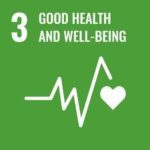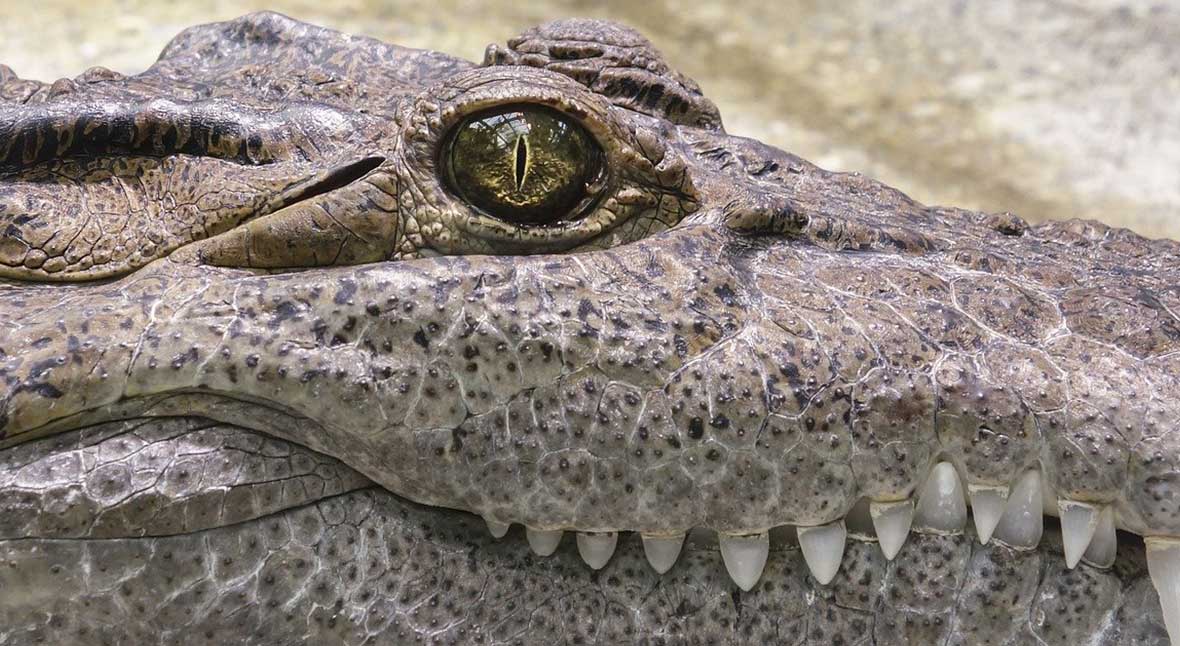Stunned by a scream from the river, 11-year Rebecca looked towards its source and saw her friend Latoya in the jaws of a crocodile.
There is a connection between the eyes and the heart: pressure on the eye balls decreases heart rate and blood pressure, enough to starve the brain of oxygen, which can lead to unconsciousness. It is unlikely that Rebecca knew about the Oculocardiac Reflex, it may not exist in reptiles, nevertheless poking a crocodile in the eyes saved Latoya from mortal danger.
Also out of Zimbabwe this past September was the news of a woman delivering a baby by candlelight while being attended to by midwives using flashlights. The danger of open flames in confined spaces, especially where high concentrations of oxygen may be in use, is well known.
When erratic and inadequate supplies frustrate efforts to save lives, morale falls, danger to patients rises, and the metaphorical crocodile in some of Zimbabwe’s delivery rooms retains the upper hand.
But there is hope, the national government is striving to meet the needs of expectant mothers and of babies by funding maternity care as best as it can. At Gutu Mission Hospital, the staff is undaunted by adversity. It is hardworking, and improvising to deliver services despite limitations and shortages.

Photo: pre-op scrubbing for emergency operative delivery.
This is what Rebecca said about plunging into the river:
“Since I was the eldest among the other seven children, I felt the urge to save her. So, I jumped into the water and swam to where she was struggling to float. She was screaming in pain that something was biting and pulling her under.”1
Boldness that responds to dire needs with selfless action like Rebecca’s inspires, much like that of biblical David versus Goliath.
Her audacity was driven by the urge to save Latoya. She knew that her age meant responsibility. She placed her resources at the disposal of her friend.
Even if Rebecca’s heroism was recklessness we are thankful for Latoya’s life and for the publicity given to the long-term development agenda: the need for safe drinking water,

The lack of access to water forces people to “unprotected sources such as these crocodile-infested streams.”2
The underlying causes of the healthcare crisis in Zimbabwe are intimidating. Many factors seem to have conspired to push Latoya, and some delivery rooms, into the jaws of the crocodile. Natural disasters, divisive politics, economic stagnation, corruption, and international trade sanctions dominate discussions about “the problem with Zimbabwe”.
The task of reducing Zimbabwe’s maternal mortality ratio from over 450/100,000 to 70/100,0003 is herculean.

Our audacity to take on the challenge rises from firsthand observation and the direct appeal for help from our partners at Gutu Mission Hospital.
We have seen healthcare providers in Zimbabwe struggling to provide services under the most testing circumstances.
- It is heartbreaking that a doctor should weep with frustration because she lacks the supplies to resuscitate babies.
- It is unacceptable that a surgeon should scrub up from a bucket to save water.
- It is intolerable that a midwife should work in candlelight for lack of solar power.
It is no cliché that the Christian is the hands and feet of Jesus. Since its primal days, our religion has been active in promoting international partnerships for relief of the needs of others. In one example the outpouring of liberality associated with funding emergency aid was proof of familiarity with the gospel. 4
In fact there is no good news without a practical response to the temporal needs of people.
As Christ followers we see the urgent need to save lives in Zimbabwe by making resources available to trustworthy partners. We take responsibility by coming alongside and sharing in the process of change through hands-on partnerships that will improve knowledge and skills, both ours and those of Zimbabweans.
The EMAS team will work with the Reformed Church in Zimbabwe both in an “acute phase” response to urgent needs as well as planning for, and carrying out long-term development programs.
We are going back to Gutu Mission Hospital (GMH) in 2020.
Here are 5 things we plan to do:
- Deliver medical and dental services under the supervision of national staff.
- Visit satellite clinics and learn how we can improve GMH as a district referral center.
- Learn from national staff about local diseases and share in their continuing medical education.
- Provide material resources to improve quality and quantity of health services.
- Engage local development partners in planning for long-term solutions.
1 https://www.sundaynews.co.zw/girl-11-wrestles-crocodile-to-save-friend/ Girl (11) wrestles crocodile to save friend, Sunday News, Accessed Nov 13, 2019.
2 Ward 10 councillor Steve Chisose, Article, Girl (11) wrestles crocodile to save friend, Sunday News, Accessed Nov 13, 2019.
3 http://gamapserver.who.int/gho/interactive_charts/mdg5_mm/atlas.html
4 Acts 11:27-30, 2 Corinthians 8:1-15
Feature Image Image by TeeFarm from Pixabay


